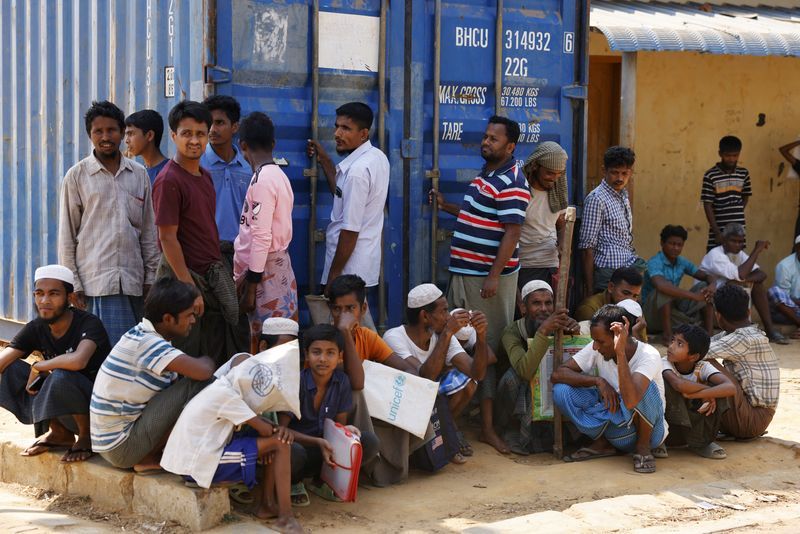
FILE PHOTO: The International Criminal Court building is seen in The Hague, Netherlands, January 16, 2019. REUTERS/Piroschka van de Wouw/File Photo
THE HAGUE (Reuters) - The International Criminal Court (ICC) has issued arrest warrants for top Russian commanders Sergei Kobylash and Viktor Sokolov over alleged war crimes in Ukraine, it said in a statement on Tuesday.
The ICC, based in The Hague, said there were reasonable grounds to believe that the two suspects were responsible for "missile strikes carried out by the forces under their command against the Ukrainian electric infrastructure from at least 10 October 2022 until at least 9 March 2023".
This is the second set of warrants for the arrest of Russian officials related to the war in Ukraine.
In March last year the ICC issued warrants for the arrest of President Vladimir Putin and Children's Commissioner Maria Lvova-Belova on war crimes charges related to the abduction of Ukrainian children. The Kremlin rejects the allegations.
Kobylash, 58, was the commander of the so-called long-range aviation of the Russian air force at the time of the alleged crimes. Sokolov, 61, was an admiral in the Russian navy who commanded the Black Sea Fleet during the period to which the charges relate, according to the ICC.
Ukrainian President Volodymyr Zelenskiy welcomed the ICC decision to issue arrest warrants for the two Russian commanders.
"Every Russian commander who orders strikes against Ukrainian civilians and critical infrastructure must know that justice will be served. Every perpetrator of such crimes must know that they will be held accountable," he said on the social media platform X.
The ICC on Tuesday said the attacks on Ukraine's electrical grid caused civilian harm and damage that would have been clearly excessive to any expected military advantage.
Russia denies deliberately targeting civilian infrastructure in Ukraine, saying its attacks are all intended to reduce Kyiv's ability to fight.
ICC Prosecutor Karim Khan visited Ukraine in March last year to investigate Russia's campaign of missile and drone attacks on power plants and other infrastructure that have killed hundreds of civilians and left millions with no electricity or water.
Ukrainian Prosecutor General Andriy Kostin posted a message on X calling the warrants "another milestone on our path to restoring justice".
The Geneva conventions and additional protocols shaped by international courts say that parties involved in a military conflict must distinguish between "civilian objects and military objectives" and that attacks on civilian objects are forbidden.
(Reporting by Bart Meijers, Charlotte Van Campenhout, Stephanie van den Berg, additional reporting by Yuliia Dysa in Kyiv; Editing by Alex Richardson, Sharon Singleton and Ros Russell)

































